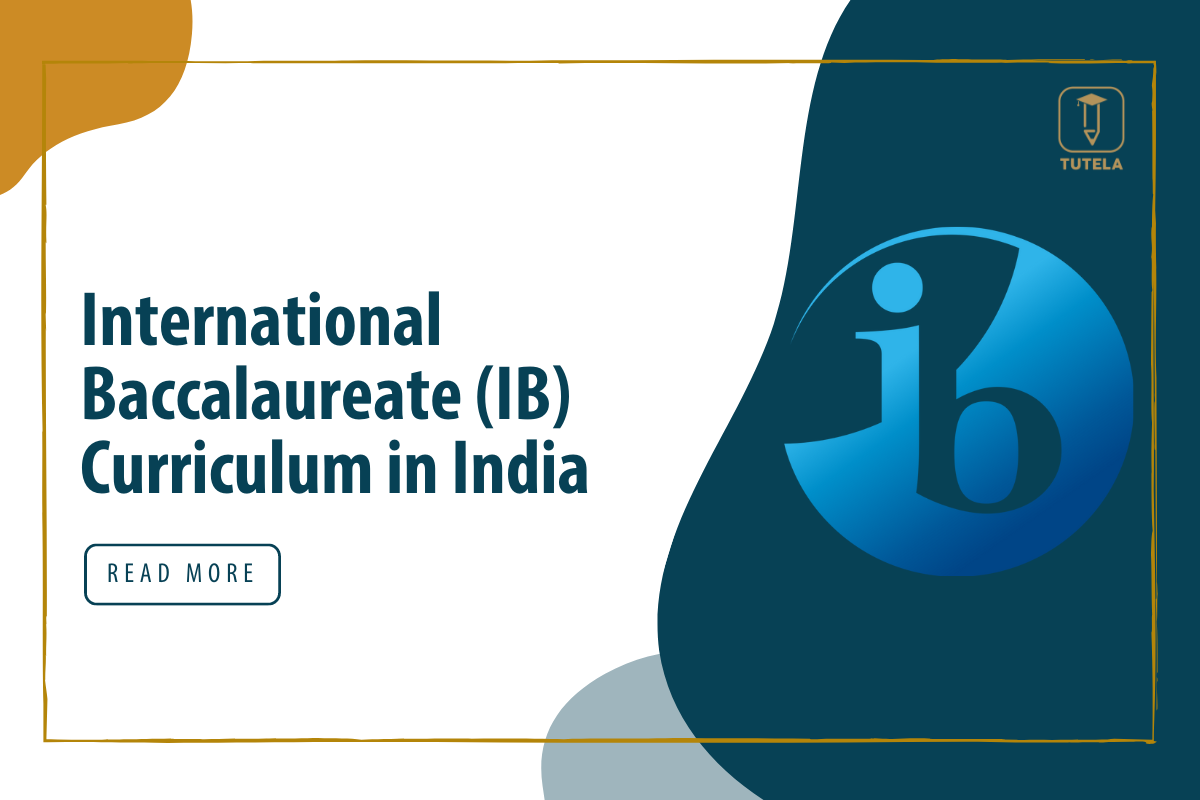
IB in India
For those of you who are completely unaware of the idea of the IB curriculum: IB or the International Baccalaureate curriculum offers a rigorous, consistent high school curriculum for the children of globally mobile families. It is an international curriculum in India as it is adopted by a majority of schools abroad.
It comprises four programmes:
1) Primary Years Programme (PYP)
2) Middle Years Programme (MYP)
3) Diploma Programme (DP)
4) Career-related Programme(CP)
The IB curriculum was adopted in the year 1976 in India and currently, there are about 148 schools in India following the IB curriculum.
Following is the list of a few of the top schools in India following the IB curriculum.
Schools in India are now not limited to curricula like CBSE, ICSE, or the state board. With the world going crazy with the idea of ‘globalization,’ International schools in India are opening up at a fairly decent pace.
What makes IB a successful curriculum?
1) IB curriculum focuses on creativity, experiment-based learning, and a holistic approach towards education.
2) IB shapes a student to be a global citizen. The curriculum is designed in a way that a student adopts a global outlook and becomes globally competent- confident, independent, and aware of what’s happening around the world.
3) IB develops critical thinking among students. Critical thinking is important in today’s world as it enables a human being to analyze and evaluate issues and perspectives and generate ideas. This thinking is beneficial for students as they are future citizens of the world.
4) IB teaches balance.
An IB student is observed to have balanced study habits, and efficient time-management skills, and is not only about studies. The curriculum induces creativity, action, and service (CAS) and encourages outside-the-classroom learning too. This balance helps a student to become emotionally, physically, intellectually, and ethically balanced.
5) IB encourages an in-depth knowledge
IB curriculum and testing do not encourage learning a subject only for the sake of marks/grades. The subject groups give a student the flexibility to choose a subject of his or her interest and hence encourage in-depth knowledge of a particular subject. IB stands by its motto of ‘Learn to understand.’
6) The IB curriculum has elements like the Theory of Knowledge (TOK) and Extended Essay (EA) which encourages a student to ‘apply’ the knowledge that they learn in school. The TOK, for example, encourages students to link the various subjects and substantiate their learning. This form of learning immensely helps the student to develop a modern and global outlook hence helping in their all-around development.
Hence, the IB curriculum is the future of schools around the globe.